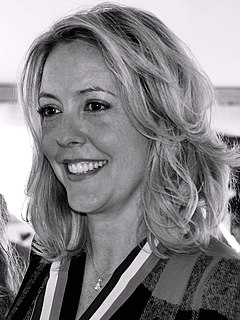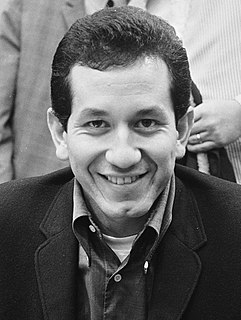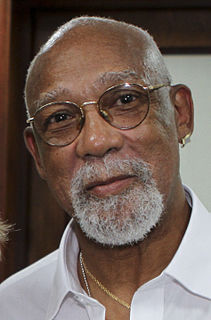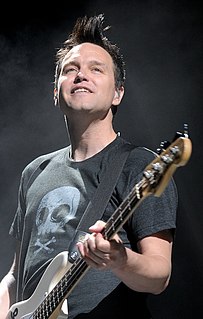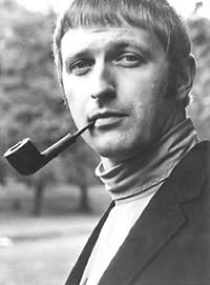A Quote by Asma Jahangir
When the Bangladesh war happened, people in Pakistan who did not support it were called unpatriotic. My father was in the jail at that time, and a lot of those who knew my family used to call us children of a traitor.
Related Quotes
For my generation - the "Children of Nixon," as I call us in the book - the Lebanese civil war was an iconic event. Downtown Beirut became a metaphor for so many things: man's inhumanity to man, what Charles Bukowski called "the impossibility of being human." It shaped our perceptions of war and human nature, just as Vietnam did for our parents. We used it to understand how the world works.
Being a figurehead for those with family members in prison is somewhat new for me. Something I've discovered since my father's incarceration is that the prison system is broken. My first-hand experiences have taught me that reform needs to happen sooner than later. I'm most interested in mentoring children with parents in prison. When a parent is sentenced to a jail term, the child is sentenced to the same time to be spent without a mother or father. No child should suffer a stigma or lack support and guidance because of the sins of a parent.
[Sport officials] blocked their support of us. But those individuals [ Muhammad Ali, the Jim Browns, the Bill Russells, Kareem Abdul Jabbar ] were old enough, they were wise enough, and they knew their history and this is why they came out in support of us, because they knew that we had our finger on the right move.
I think people take Blink-128 more seriously now than they did before. And it's largely our fault because we called our records Enema of the State and Take Off Your Pants and Jacket. We were always kind of the underdogs, especially critically. People wrote us off as this joke band. But the people who listened to Blink knew that we were silly and whatever, but we wrote songs about divorce and suicide and depression. Those kids that were listening to Blink are now the ones that control all these outlets that used to just write us off.
The war against Iraq is as disastrous as it is unnecessary; perhaps in terms of its wisdom, purpose and motives, the worst war in American history... Our military men and women...were not called to defend America but rather to attack Iraq. They were not called to die for, but rather to kill for, their country. What more unpatriotic thing could we have asked of our sons and daughters...?
During my childhood and teenage years, everything I knew was at war. My mother and father were at war. My sister and I were at war. I was at war with my atypical nature, desperately trying to fit in and be normal. Even my genes were at war - the cool Swiss-German side versus the hot-headed Corsican.
The real concern is that Iran would do what Pakistan did. Pakistan wanted nuclear weapons, like Iran, purely for defensive reasons - to defend itself against India. The problem was that once Pakistan acquired the weapons, it allowed the country to be more aggressive. So they stepped up their support for the Kashmiri terrorists, and it led very quickly to the Kargil crisis in 2000, which almost sparked a nuclear war between India and Pakistan.
The second part of that war was that Muslims came from all over the country to Pakistan, and they met each other. For the first time those men had an awareness of the Islamic world as a whole, not of just Egypt or Algeria or Indonesia, but of what Muslims call the Uma, the Islamic community. And that's an extraordinarily important thing. And that emanated in Pakistan.






